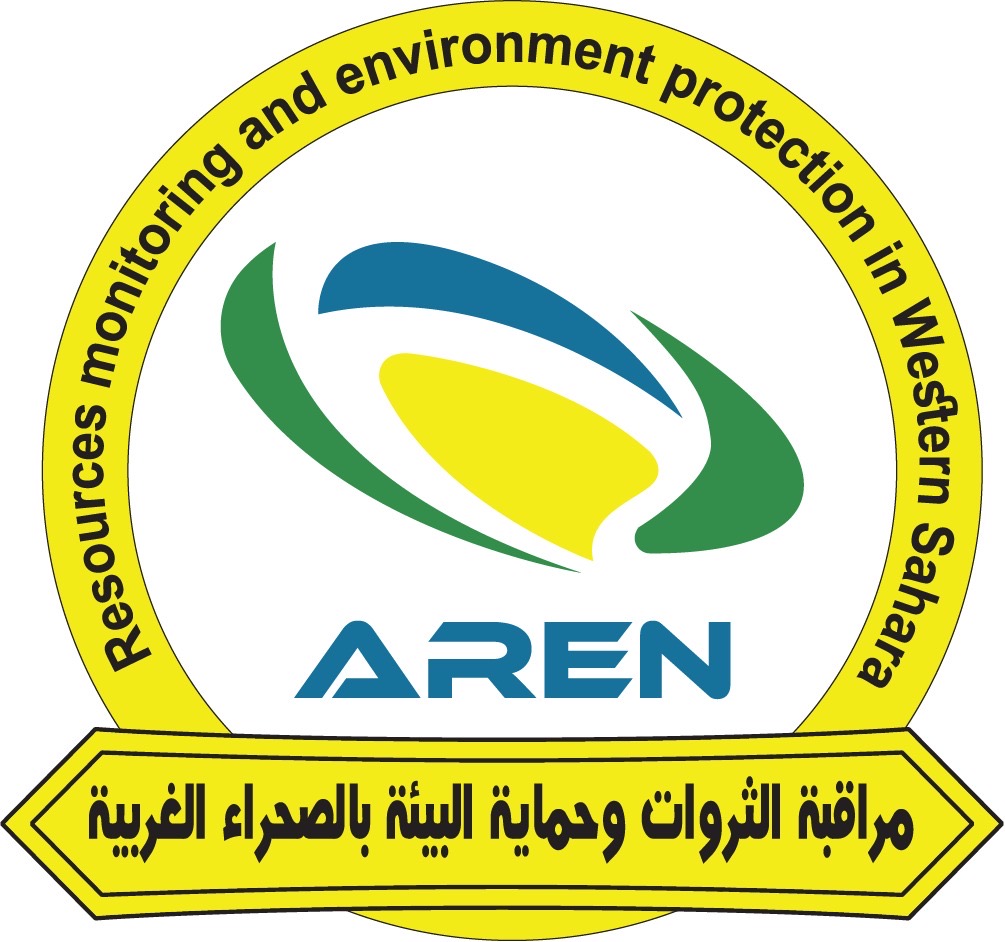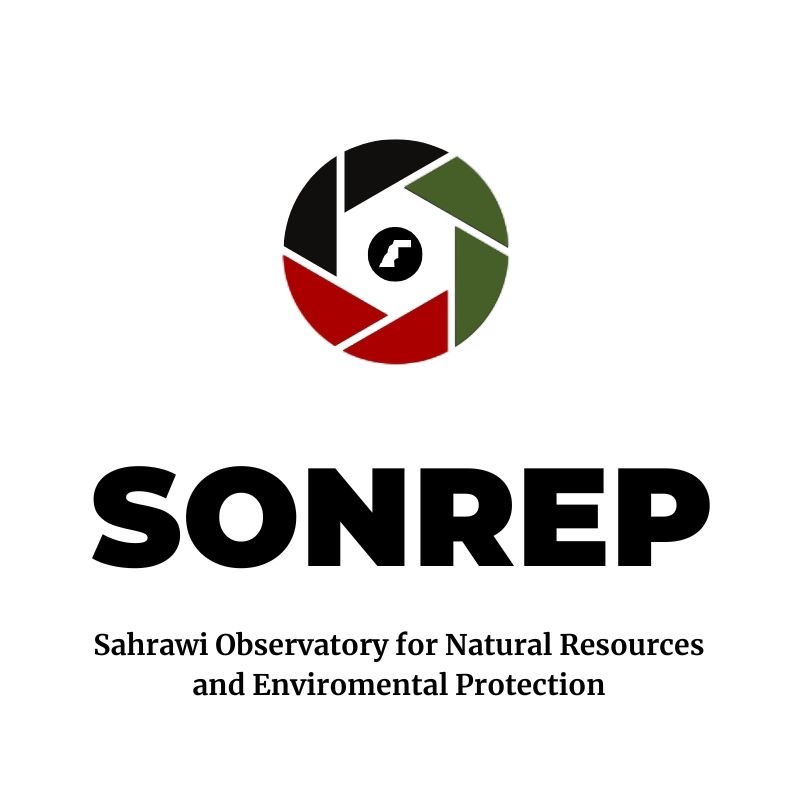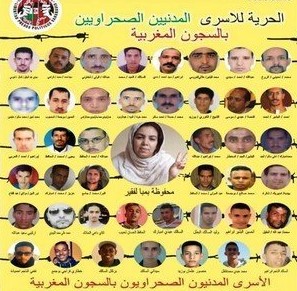Berlin, 8 July 2025 (SPS) – German writer and international studies researcher Ramona Schnall emphasized that European companies complicit in looting the wealth of the Sahrawi people through illegal agreements with the Moroccan occupation not only ignore the colonial reality in Western Sahara but actively work to sustain it.
In an article published on "Treffpunkt", a platform affiliated with the Federation of Young European Federalists, Schnall explained that the region is a source of massive profits for global corporations due to its rich natural resources, such as fisheries and phosphates—which are of particular interest to the European Union as they form the basis of modern fertilizers for European agriculture.
Beyond these resources, amid climate change and the urgent need for energy transition, the author noted that the world has begun focusing on renewable energy, such as solar and wind power, as well as hydrogen projects—areas where Western Sahara offers ideal conditions.
Schnall stressed that European companies see Western Sahara as a solution to climate change and energy transition, investing billions of dollars in wind and hydrogen projects while ignoring the fact that the territory has been under Moroccan occupation for decades.
By engaging in the scramble for these resources, these companies "not only disregard the colonial reality but actively perpetuate it."
The German researcher warned that Morocco "cannot turn Western Sahara into a renewable resource paradise without political and financial support"—which it seeks from countries it pressures to recognize its alleged "sovereignty" over the territory in exchange for economic privileges.
She highlighted that anyone supporting Morocco’s occupation of Western Sahara defies rulings by the International Court of Justice (1979) and the European Court of Justice, which reaffirmed the Sahrawi people’s right to self-determination last October. These courts have emphasized that the Sahrawi people are the sole sovereign owners of their resources, thereby nullifying all illegal trade agreements between the EU and Morocco concerning Western Sahara’s wealth.
Schnall also addressed Morocco’s human rights violations in Western Sahara, as documented by international NGOs like Amnesty International, which has reported cases of torture, enforced disappearances, and repression against Sahrawi activists.
She stressed that the Moroccan regime systematically suppresses any protests against the colonial reality and dismisses any reports or academic research exposing human rights abuses in the occupied territory.
The article concludes that by enabling Morocco’s exploitation of Sahrawi resources, these companies are not just passive beneficiaries but active participants in maintaining an illegal occupation—undermining international law and the Sahrawi people’s right to self-determination.



